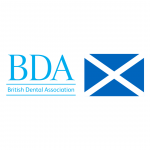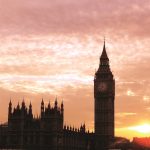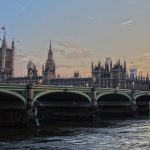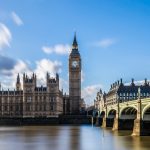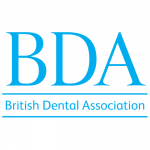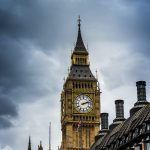The British Dental Association has slammed moves to increase NHS dental charges during the cost-of-living crisis, accusing Ministers of prioritising lowering their own cash contributions to the service over tackling tangible barriers to access for those with both higher needs and lower incomes.
Charges in England will rise by 8.5% from 24 April 2023. This will mean the cost of a band 1 treatment like a check-up will increase from £23.80 to £25.80, a band 2 like a filling will increase from £65.20 to £70.70, and a band 3 like dentures will increase from £282.80 to £306.80, an increase of £24.
While a proportion of the adult population is exempt from NHS charges, the BDA stress that many on modest incomes will inevitably be forced to think twice about seeking care. Entitlements to free care are limited, with many Universal Credit recipients not being eligible. The government’s own data [1], indicates that around 1 million adults declined to see an NHS dentist for reasons of cost in 2022.
The BDA has underlined that the increase will not put a single penny of new investment into the cash strapped service, and appears to mark a return to a long term strategy in which charges are used as a substitute for meaningful state investment. NHS dentistry’s budget has been effectively static at around £3bn for the best part of a decade, with patient charges forming an ever-greater share of the total pot until COVID struck. Direct Government spend on dentistry was lower as the country headed into the pandemic than it was in 2010. The collapse in patient numbers at lockdown required Ministers to increase their contributions to maintain the viability of the service. [2] The BDA believe this latest increase represents an attempt by the Treasury to return to a fatally flawed ‘business as usual’ model as far as funding is concerned.
The BDA has stressed in oral evidence to the current Health and Social Care Committee inquiry that NHS dentistry’s survival will hinge on a sustainable funding settlement. Since 2010 Spending on dentistry has failed to keep pace with both inflation and population growth. The UK now spends the lowest share of its health budget on dentistry of any European nation according to OECD data, with England spending the lowest amount per head of population of any UK nation.
The BDA is deeply concerned that this increase in charges – the largest since the current system for NHS dentistry was rolled out in 2006 – will have a disproportionate impact on higher needs patients, and fuel already widening oral health inequality. The professional body has requested the equality impact assessment that should have underpinned this latest increase.
Shawn Charlwood, Chair of the British Dental Association’s General Dental Practice Committee said: “This is an utterly grotesque display of priorities from the Treasury. This hike won’t put a single penny into a struggling service. Our patients are being asked to pay more simply so ministers can pay less.
“The Government did not have to go down this path during a cost-of-living crisis. This is a cold, calculated political choice, that will hit millions on modest incomes. Ministers must know some face a choice between heating, eating and seeking NHS care. And they are carrying on regardless.”
[1] Analysis of the GP Surveys by Ipsos Mori, 2022.
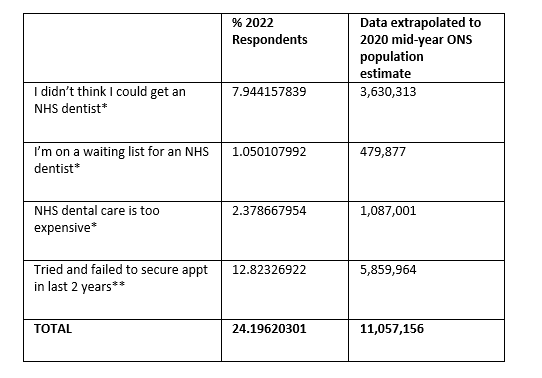
* Base: all patients who have tried to get an NHS dental appointment more than 2 years ago, or have never tried, and answered the question
**Base: all patients who have tried to get an NHS dental appointment in the last 2 years and answered the question, excluding ‘can’t remember’ and failed to secure one.
[2] NHS General Dental Services budget (England)

Source: Department of Health accounts




